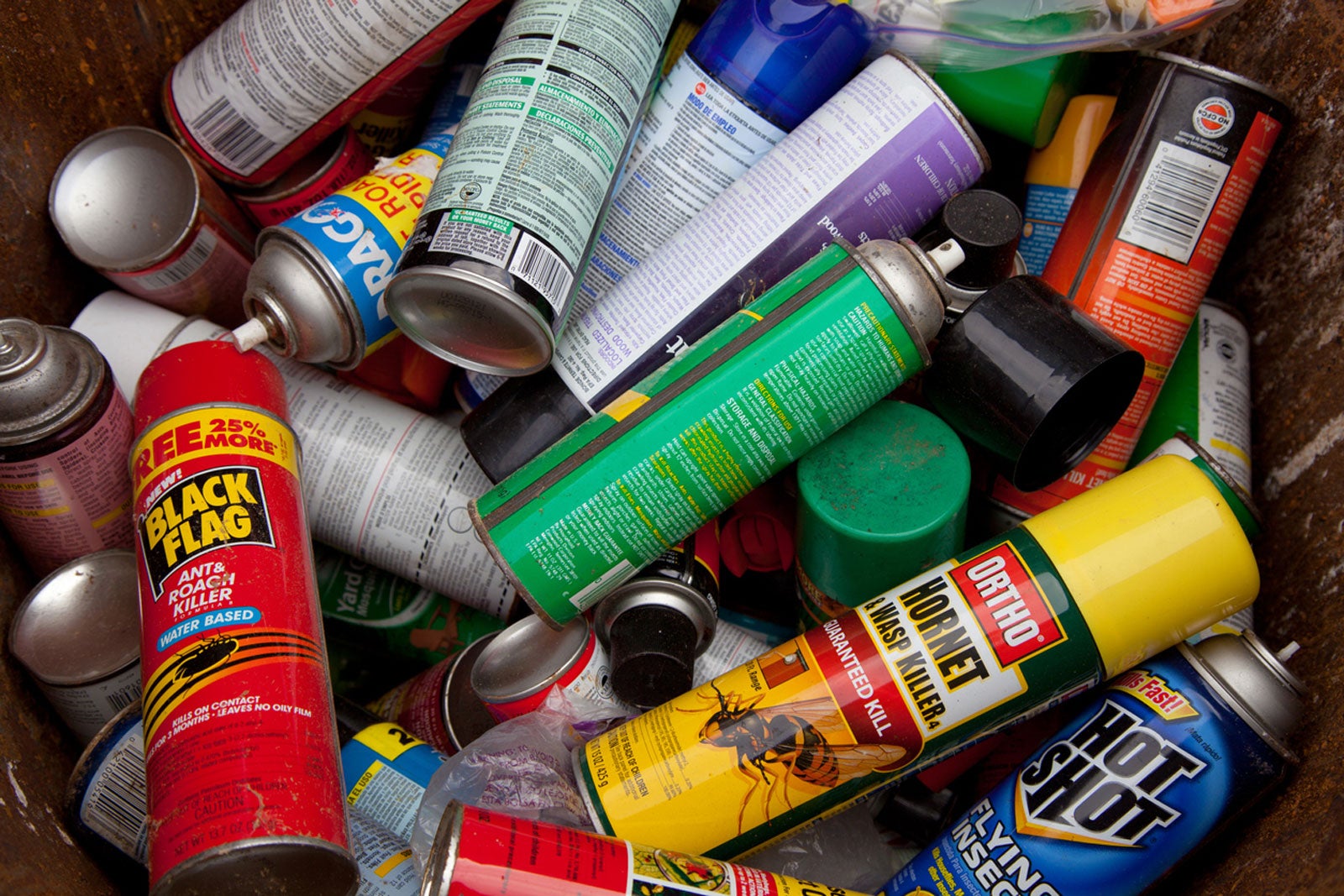Can You Use Old Garden Products – Shelf Life For Pesticides And Herbicides


Sign up for the Gardening Know How newsletter today and receive a free copy of our e-book "How to Grow Delicious Tomatoes".
You are now subscribed
Your newsletter sign-up was successful
While it might be tempting to go ahead and use up those old containers of pesticides, experts say if garden products are more than two years old, they might do more harm than good, or just be ineffective.
Proper storage plays a large part in pesticide (herbicide, fungicide, insecticide, disinfectant, and products used to control rodents) longevity. Garden products should be stored in a dry location free from cold or heat extremes. Even so, products can begin to degrade and it is worthwhile to label these with the date of purchase, using the oldest first. It is also prudent to buy in small amounts that can be used in one season, even if that seems less economical.
Pesticide and Herbicide Shelf Life
All pesticides have a shelf life, which is the amount of time a product can be stored and still be viable. With proper storage in a dry location free from cold or hot extremes or exposure to direct sunlight, the products should keep well.
Avoid storing liquids where temperatures drop below 40 degrees F. (4 C.). The liquids may freeze, causing glass containers to break. Always store products in their original containers. You should always refer to the product label for more storage recommendations.
Few garden products show an expiration date, but if it has passed, it is probably wise to discard the product according to instructions on the label. When no expiration date is listed, most pesticide manufacturers recommend discarding unused product after two years.
Use the following guidelines to determine if the products’ effectiveness has been compromised and should be safely discarded:
- Excessive clumping noticed in wettable powders, dusts, and granules. Powders will not mix with water.
- Solution separates or sludge forms in oil sprays.
- Nozzles clog in aerosols or propellant dissipates.
Can You Use Old Garden Products?
Expired gardening products most likely have degraded and may have changed form or no longer retain their pesticide attributes. At best, they are ineffective, and at worst, they can leave toxins on your plants which can do damage.
Sign up for the Gardening Know How newsletter today and receive a free copy of our e-book "How to Grow Delicious Tomatoes".
Read the product label for safe disposal recommendations.

After graduating from Oklahoma State University with a degree in English, Susan pursued a career in communications. In addition, she wrote garden articles for magazines and authored a newspaper gardening column for many years. She contributed South-Central regional gardening columns for four years to Lowes.com. While living in Oklahoma, she served as a master gardener for 17 years.